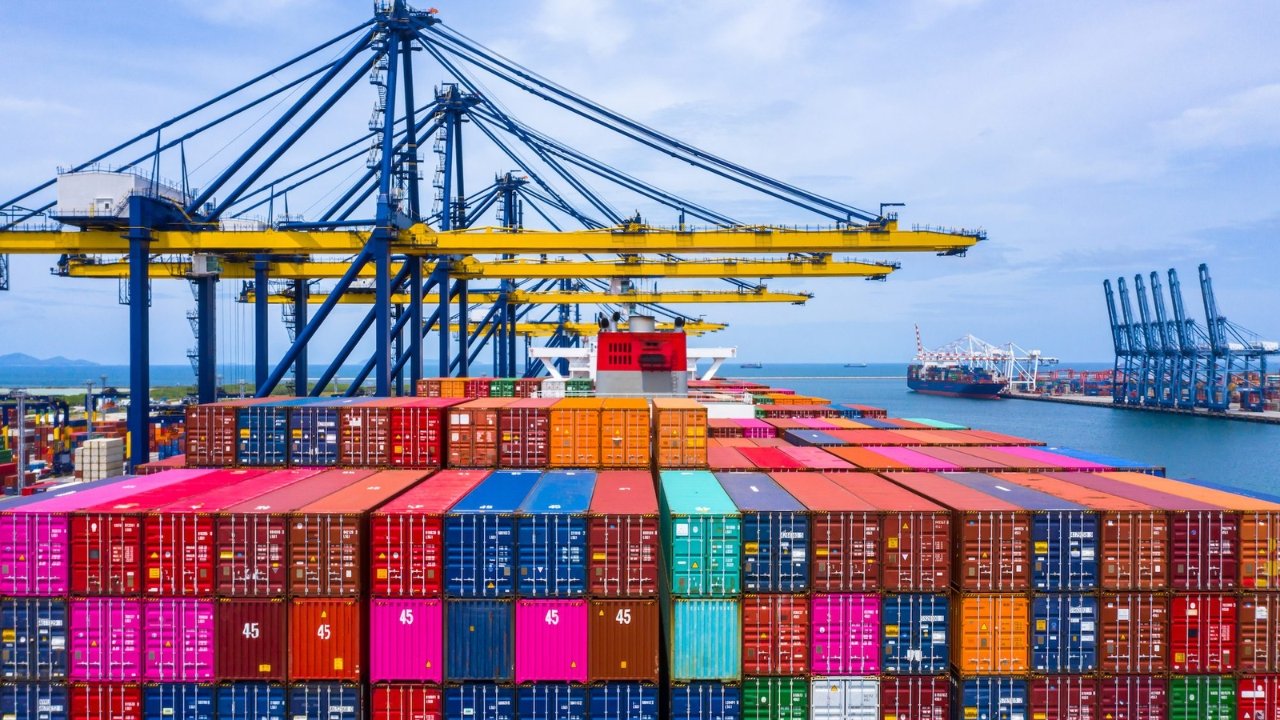The logistics industry is rapidly evolving, driven by the need for faster deliveries, cost optimization, and improved customer satisfaction. In this transformation, blockchain technology has emerged as a game-changer, offering solutions to long-standing challenges such as lack of transparency, inefficient tracking, and trust issues among stakeholders. By enabling secure, decentralized, and tamper-proof record-keeping, blockchain is redefining how goods are transported, tracked, and verified across supply chains.
Understanding Blockchain in Logistics
Blockchain is a distributed ledger technology that records transactions across multiple computers in a way that prevents alteration or deletion. In logistics, each transaction, from the shipment of raw materials to the delivery of finished goods, can be recorded on a blockchain network. This ensures that all parties, including suppliers, carriers, and customers, have access to the same verified information. By eliminating intermediaries and reducing manual record-keeping, blockchain enhances efficiency and accountability in supply chain operations.
Enhancing Transparency
Transparency has always been a critical concern in logistics, where multiple parties are involved in moving goods from origin to destination. Blockchain enables real-time visibility of shipments, allowing stakeholders to access accurate and verifiable data at every stage of the supply chain. For instance, manufacturers can track when raw materials are dispatched, while retailers can confirm the exact status of inventory during transit. This level of transparency not only reduces disputes but also builds confidence among all participants.
Improving Tracking and Traceability
Tracking goods accurately is essential for timely deliveries and quality assurance. Blockchain allows for precise tracking by storing immutable data about the location, condition, and movement of goods. For perishable items like food and pharmaceuticals, blockchain can record temperature and handling conditions, ensuring compliance with safety standards. In case of delays or issues, the technology provides a complete history of the shipment, enabling faster problem resolution. Traceability also helps in combating counterfeit products, as every transaction is recorded and verifiable.
Building Trust Among Stakeholders
Trust is a foundational element in logistics, where suppliers, carriers, and customers often operate independently. Blockchain establishes trust by providing a shared, tamper-proof record that is visible to all authorized parties. Smart contracts, powered by blockchain, automate payments and contractual obligations based on predefined conditions. For example, a carrier can receive automatic payment once goods are delivered and verified on the blockchain. This reduces reliance on intermediaries, minimizes fraud risks, and ensures fair transactions throughout the supply chain.
Streamlining Documentation and Reducing Costs
Logistics operations involve extensive documentation, including bills of lading, invoices, and customs papers. Blockchain digitizes and secures these documents, eliminating manual paperwork and reducing administrative errors. By automating verification and approval processes, businesses save time and lower operational costs. Additionally, the reduced need for intermediaries and third-party verification translates into further cost savings and faster processing of shipments.
Real-World Applications of Blockchain in Logistics
Several companies and startups are already leveraging blockchain to enhance logistics operations. Maersk, a global shipping leader, uses blockchain to digitize shipping documentation and improve supply chain visibility. Walmart employs blockchain to track the journey of fresh produce, ensuring safety and reducing food wastage. Similarly, logistics startups are using blockchain for secure freight booking, automated payments, and real-time cargo tracking. These examples demonstrate the practical benefits of blockchain in improving efficiency, accountability, and customer satisfaction.
Challenges in Implementing Blockchain
Despite its advantages, blockchain adoption in logistics faces challenges. Integrating blockchain with existing systems, ensuring data standardization, and managing the technological learning curve are significant hurdles. Moreover, network scalability and regulatory compliance can affect widespread adoption. However, ongoing advancements in blockchain platforms, along with increasing industry collaboration, are gradually addressing these challenges, making the technology more accessible to logistics companies of all sizes.
Future of Blockchain in Logistics
The future of logistics is closely tied to the adoption of blockchain technology. As supply chains become more complex, the demand for transparency, traceability, and trust will continue to grow. Blockchain, combined with other technologies like IoT and AI, will enable predictive logistics, real-time monitoring, and automated decision-making. This integration will lead to smarter, faster, and more resilient supply chains capable of meeting the expectations of businesses and consumers alike.
Conclusion
Blockchain is transforming logistics by providing transparency, improving tracking, and building trust across supply chains. Its ability to create secure, decentralized, and tamper-proof records addresses key challenges in the industry, from inefficiencies to fraud and disputes. As more companies adopt blockchain and integrate it with emerging technologies, logistics operations will become faster, more reliable, and cost-effective. Embracing blockchain in logistics is not just a technological upgrade—it is a step toward creating a more transparent, accountable, and efficient supply chain ecosystem.
